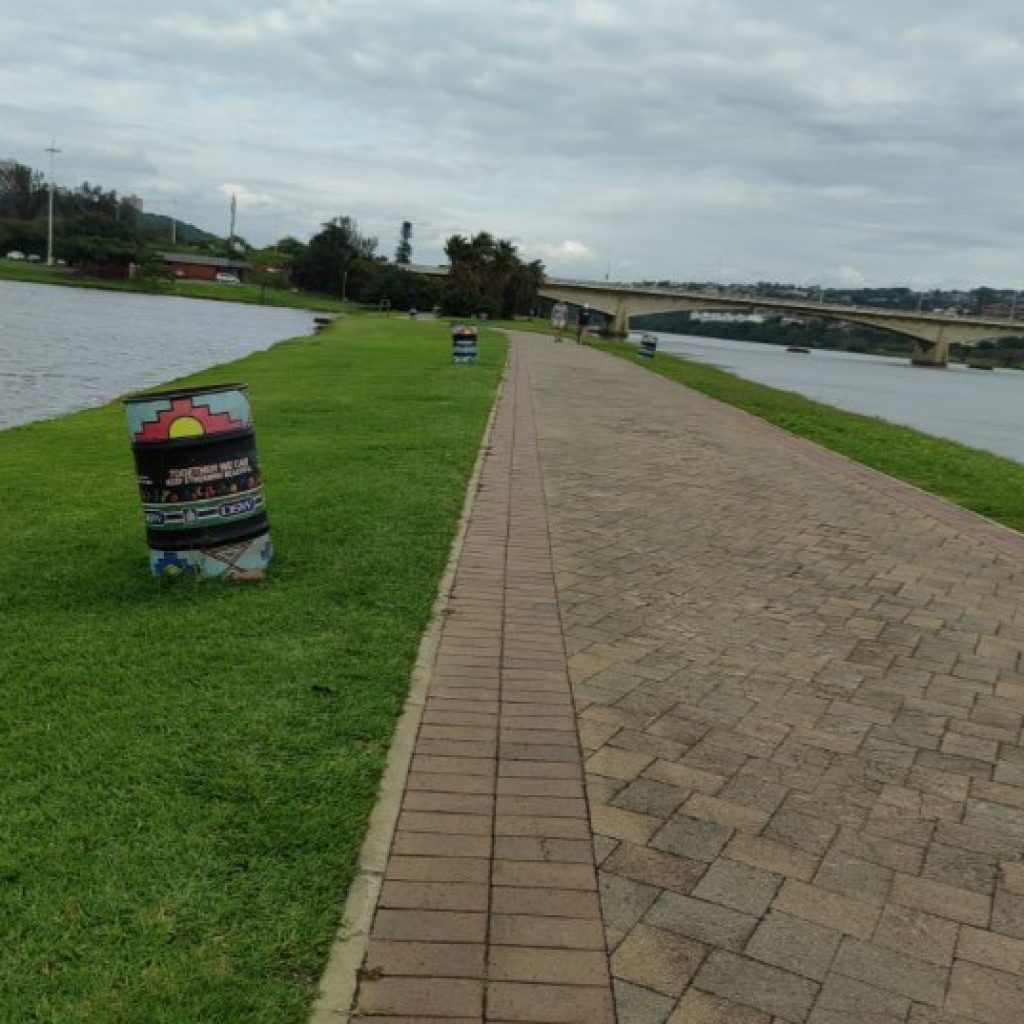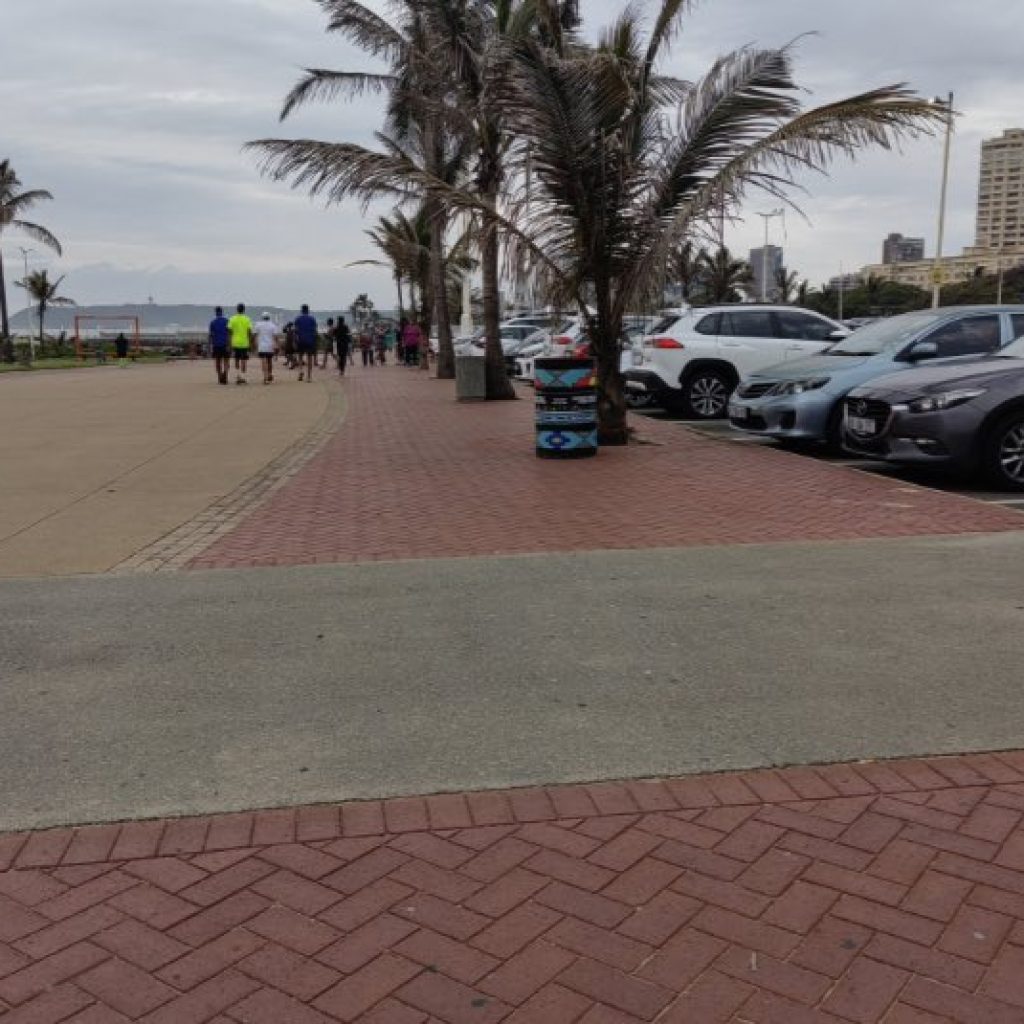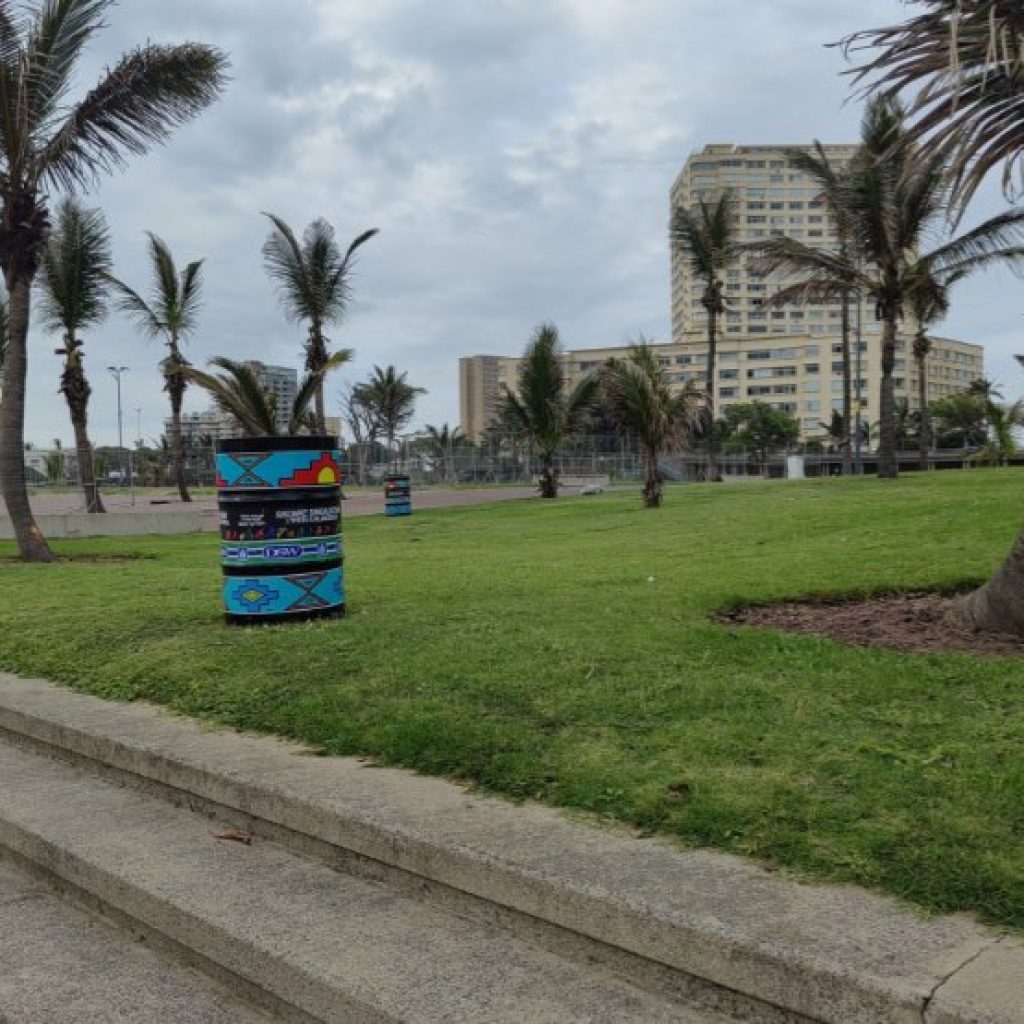By Lebone Rodah Mosima
The eThekwini Municipality said this week that the city is expecting about 1.3 million visitors over the upcoming summer holiday period, and quelled fears about water quality at several of its popular beaches.




The municipality’s tourism agency, Durban Tourism, launched a national roadshow to showcase Durban’s beaches and cultural and holiday attractions.
The campaign kicked off in Mpumalanga and Limpopo provinces with “vibrant activations” at Middleburg, Nelspruit’s Riverside Mall, and Polokwane’s Mall of the North.
But the drive comes amid ongoing concerns about the municipality’s long-standing sewage-management crisis, which has seen recurring sewage spills, elevated E. coli levels and intermittent beach closures along the coastline.
Earlier this week, the city issued a statement about a website that falsely claimed the majority of Durban beaches had been “red-flagged” because of dangerous levels of E. coli and high incidents of crime.
The municipality said the allegations were “false, unfounded and not supported by any credible data”. The “misinformation”, according to the city, was damaging to the reputation of the metro and discouraged tourism. The city issued a notice to the hosting company and website, saying it would take legal action if its notice was not complied with.
eThekwini spokesperson Gugu Sisilana told Inside Metros that eThekwini conducts bi-weekly water quality testing at its beaches, and those results “will determine whether the water at any of our beaches meets the required safety standards for public use”.
“When results indicate that bacteria levels exceed safe limits, precautionary beach closures are implemented immediately to safeguard public health,” she said.
“Updated beach status reports are published on the city’s website and shared through official social media platforms to ensure transparency and timely communication with residents, tourists, and businesses.”
Sisilana also said that the municipality is working closely with UMngeni-uThukela Water and the Water Services Directorate “to manage and improve sewerage and water infrastructure, and to respond swiftly to any pollution incidents that may arise”.
“The city remains committed to maintaining Durban’s beaches as a key tourism and economic asset, particularly ahead of the festive season,” she said, and would continue prioritising the protection and maintenance of beaches.
INSIDE METROS

